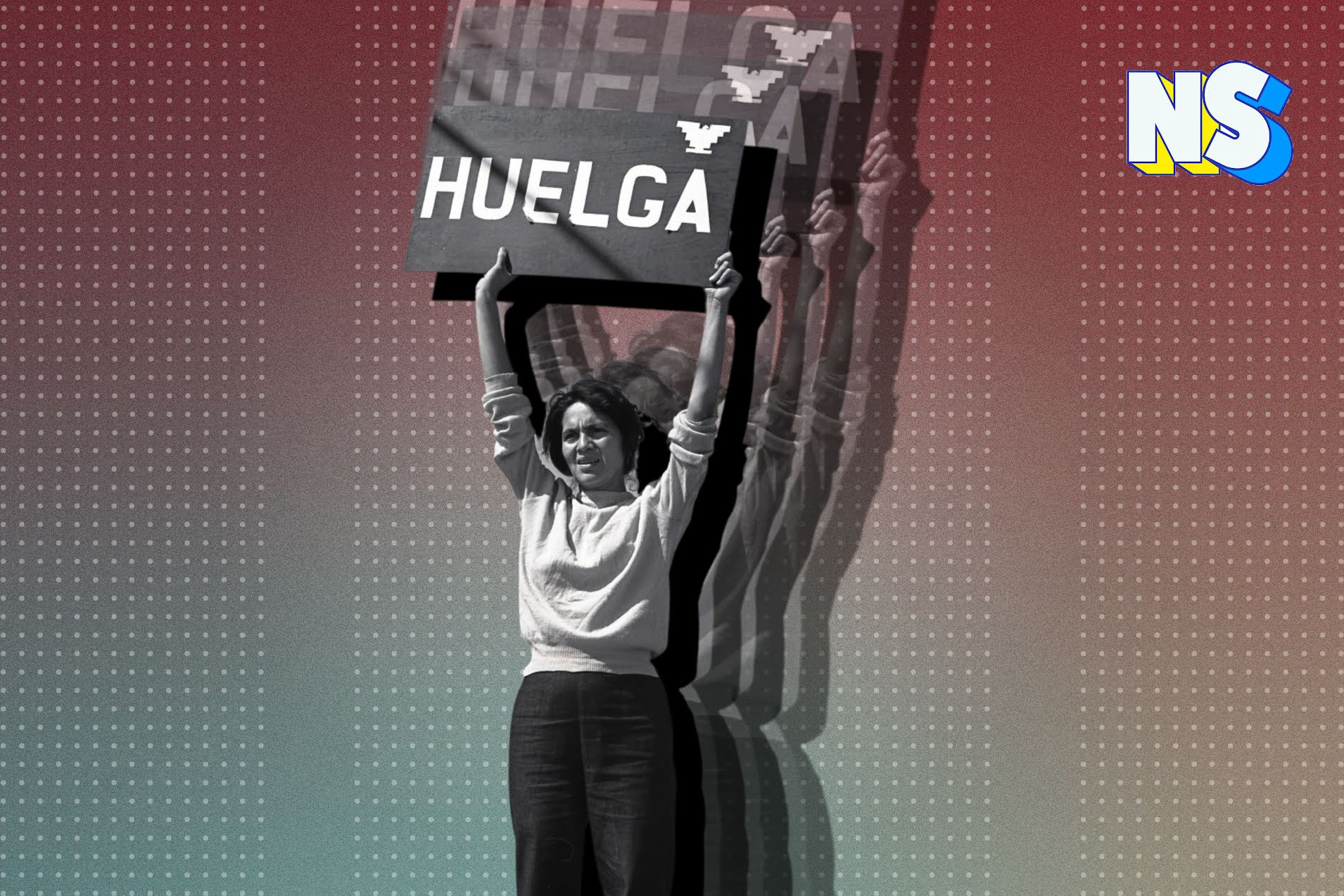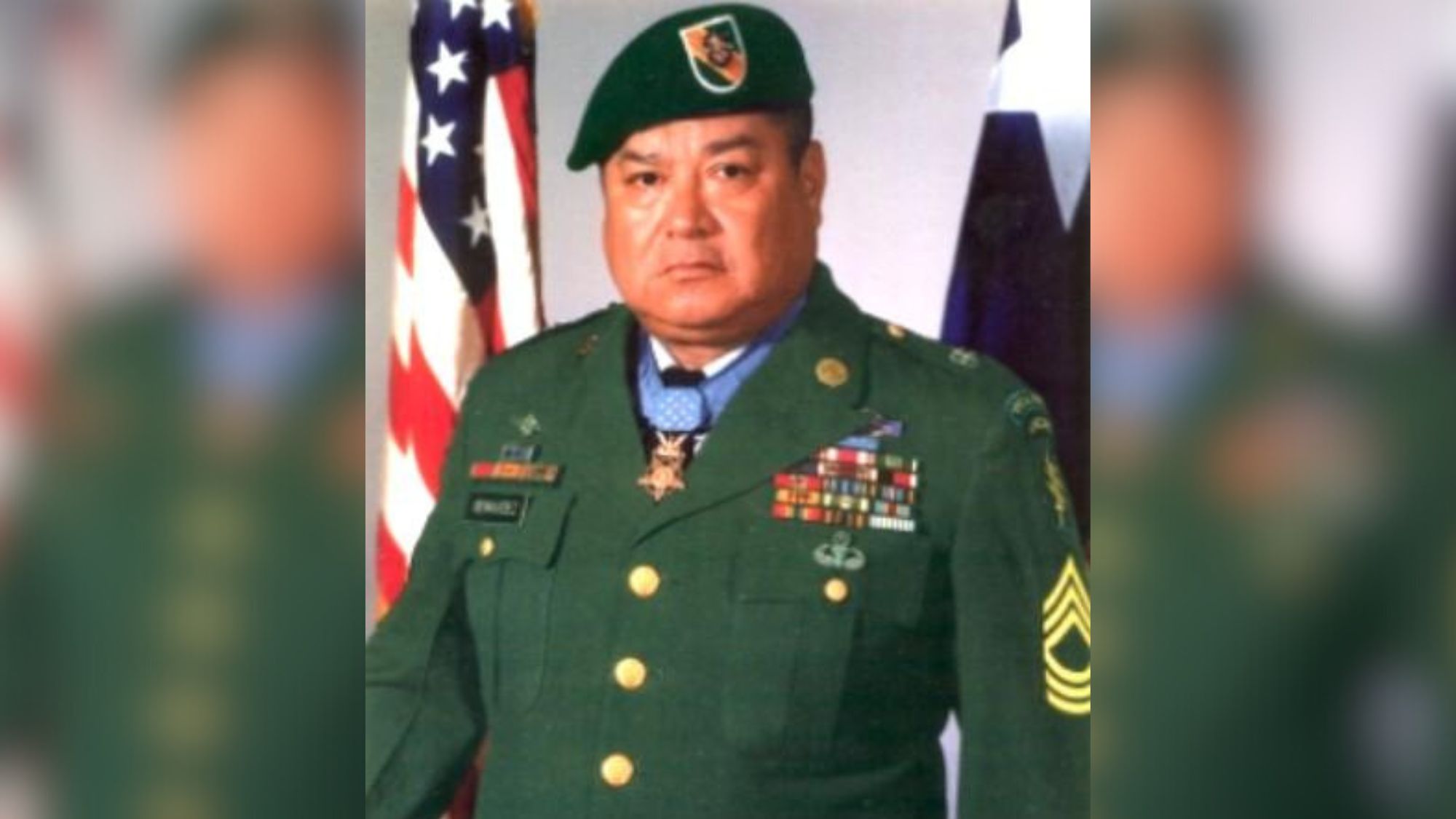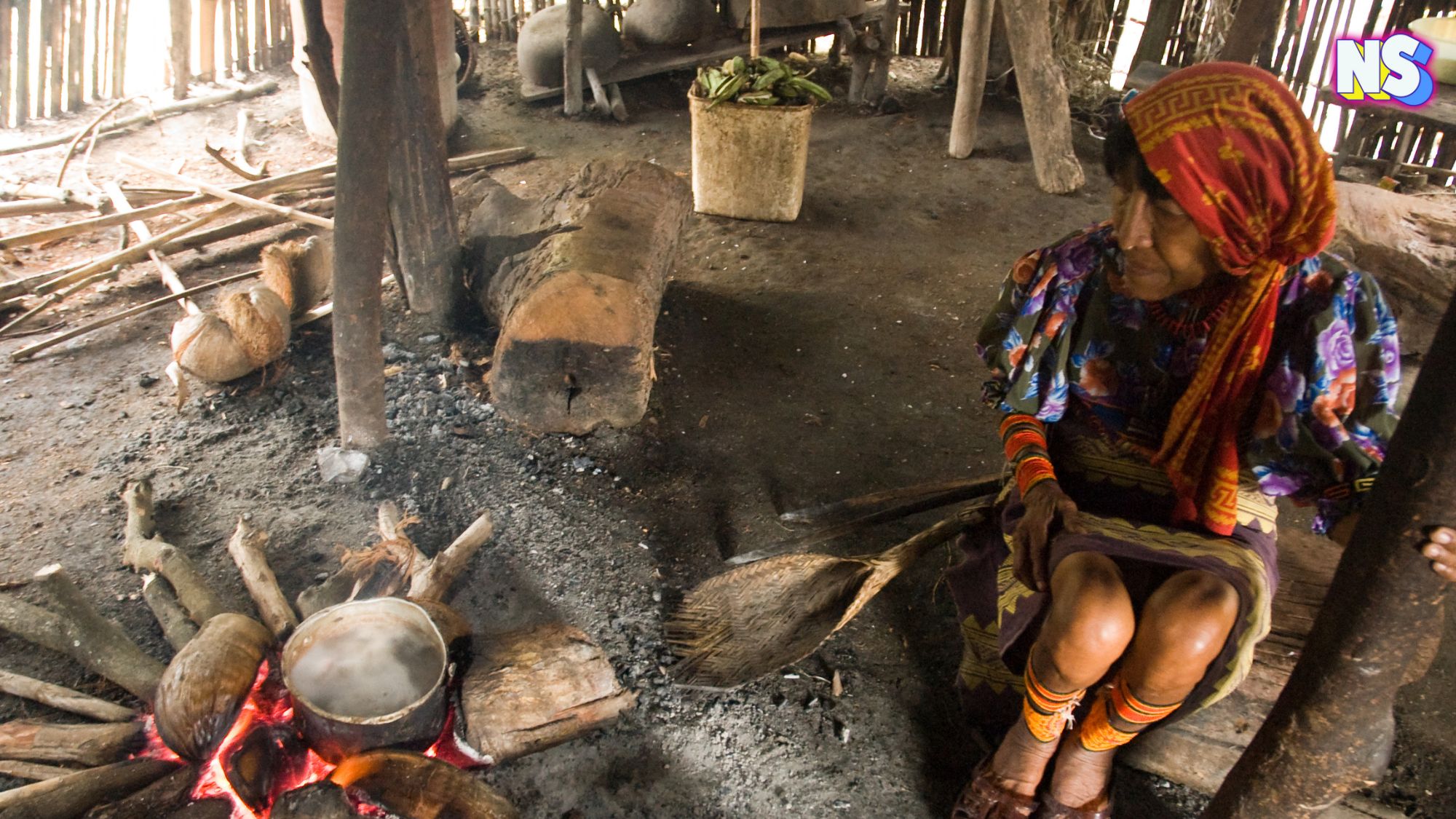Image courtesy of Nuestro Stories.
When it comes to the Chicano civil rights movement of the 60s and 70s, certain figures have become household names.
Walking into your abuelo’s house, you can see their portraits hanging along the wall. Their names are held in high esteem, and the viejitos tell stories of their strength, love for the people, and how their voices carried our struggles, like corridos wafting in the breeze.
From Cesar Chavez to Corky Gonzales, to Jose Montoya and the Royal Chicano Air Force, there was no shortage of heroes for Chicanos to look up to.
Among that revered list is one of the true heroines among heroes; one of the women who helped pave the way and simultaneously forged the shovel the movement used to dig the trenches.
Dolores Huerta and the power of social engagement
Born on April 10, 1930, in New Mexico, Dolores Clara Fernandez Huerta was the middle child to parents Juan and Alicia Fernandez. Her parents split at an early age, and Alicia moved her and the children to Stockton, CA, to be closer to family.
Dolores was highly influenced by watching her mother, Alicia, maneuver through the world as a single parent, working multiple jobs to ensure that her children were cared for.
The lessons she witnessed being raised by a hard-working mother, and her grandmother would carry Dolores through the rest of her life and into her activism work.
It was that activism work, that stalwart dedication to Chicano people, that earned Dolores such high honors in the hearts and minds of many worldwide.
Her path to activism began in the mid-50s
Dolores Huerta helped to found a chapter of the Community Service Organization, a group primarily focused on voter registration drives that targeted the Hispanic community — a community that was growing exponentially in the United States and which could powerfully sway the way votes landed in the political climate. Through the CSO, Dolores made a connection that would forever change the rest of her life and the lives of millions of Chicanos.
Through the CSO, Dolores met Cesar Chavez. Chavez, who was working to organize farm workers throughout California. The pair began to build together through their desire to create a collective bargaining force that would help create safe working conditions for farmworkers.
Between 1962 (when the couple formed the precursor to the UFW, known as the National Farm Workers Association) and 1965, when the United Farm Workers officially came into existence, Dolores’ life was dedicated to ensuring they could get the organization off the ground, and functioning well enough to fight for farm workers in a way that hadn’t been done before.
While Dolores did so much for many, the 1965 Delano strike solidified her as a trusted, powerful and vital advocate for the Chicano people. Over 5000 farm workers went on strike for better working conditions, all under the expert lead negotiation of Huerta, who co-organized the strike. Time after time, Dolores put her safety, reputation, and body on the line for farm workers and the overall betterment of Chicano people.





